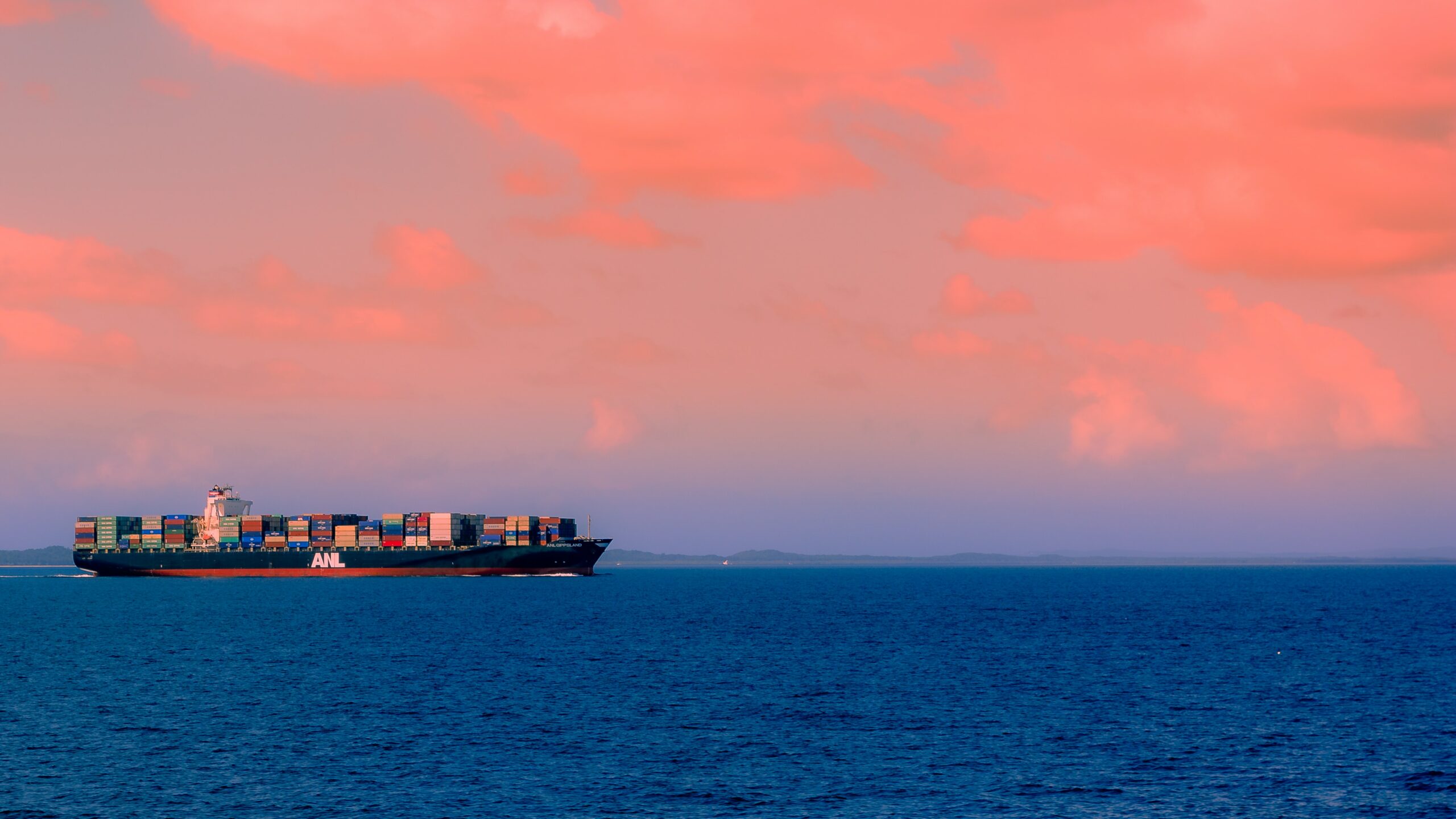90% of global trade is conducted across the world’s waterways.
Persistent droughts have the potential to cause big issues.
There are plenty of ways in which climate change impacts the trade industry. Droughts drying up some of the world’s key waterways is a big one.
What does the research say?
You might have noticed that, in recent years, spells of hot, dry weather have been increasingly intense. According to recent research, climate change made these longer, more severe periods of drought at least 20 times more likely.
As with climate change in general, this shift has wide-ranging implications – not least the impact on the global economy.
In a report published in November by the World Economic Forum, they highlight that droughts are almost 30% more frequent than they were in 2020. As a direct result, the economic impact of droughts has jumped by an immense 63%.
Given that key waterways have experienced serious bottlenecks because of lower-than-average water levels, this is hardly surprising.
Drought and global trade
This year, several rivers including the Rhine, Yangtze, and Mississippi were compromised by drought.
Water levels in the Yangtze River Basin, for example, were 60% lower than average in August. This sort of severe drop puts 3 billion tonnes’ worth of annual cargo at serious risk.
Over in Europe, the consequences are already being felt. The river Rhine, which sees more than 300 million tonnes of goods pass through its waters every year, was majorly impacted by a drought so dire that it was the worst Europe had seen in 500 years. At one point, it reached levels so low that some ships were forced to sail with just 25% of planned cargo.
Elsewhere, in the United States, some routes of the Mississippi River were closed off completely in October. While a dredging mission eventually cleared the backlog of more than 2,000 vessels, the cost impact was $20 billion.
The threat this problem poses to global trade and the bottom lines of businesses is clear to see. So, it’s important that organisations do what they can to insulate themselves from the fallout.
Making global trade more sustainable
The best solution is also the long-term solution: implement meaningful sustainability policies and put them into action.
Want to help secure the future of global trade?
Then it’s essential that organisations like yours assess their commitments to environmentalism. As such, attracting talent with specialist sustainability knowledge and experience is key.
Work with a talent partner that understands the needs of your industry, and your business.
Get in touch today to find out what we can do to source the talent that you need:
Call us: 0333 360 1100
Email: info@aspion.co.uk





